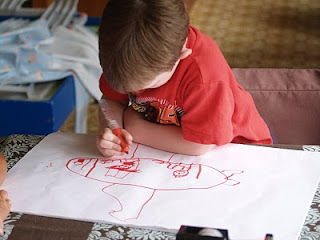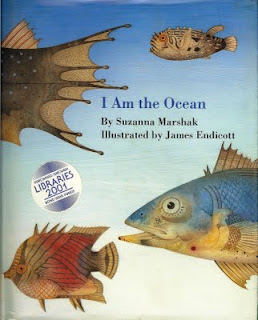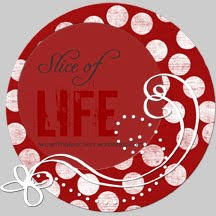Encouraging Real Independence in Writing

At the start of every school year the term ‘independent learners’ is frequently heard when teachers begin to articulate their goals for the year ahead. They want their students to develop as independent, self directed learners. This is a worthy aspirational goal! The question I would ask is, –How will you achieve this? What will you do to make this ‘independence’ a reality in the classroom? What will students say and do that indicates they are working independently? In the writing classroom independence develops when students: • Are encouraged to select their own writing focus or topic -And their teacher believes they are capable of this deeper thinking. • Materials for writing are readily accessible • Frequent opportunities are provided for planning writing and thinking about future writing and ‘rehearsing’ writing thoughts between writing workshops. • Choose to work on the same writing piece across several lessons. • Willingly embrace revision in anticipation of a writi...





